Apple’s highly anticipated next-gen CarPlay, first announced in 2022 with promises of a 2024 release, has yet to materialize in any vehicles.
Despite the excitement surrounding its introduction, the software, which was expected to transform car infotainment systems, remains elusive.
A Concept, Not a Reality
Apple’s CarPlay concept, which showed a dashboard-spanning interface, was touted as a major upgrade. The new version was meant to integrate deeper with a car’s systems, offering control over more functions like climate control and seat adjustments.
However, as of now, the only visible updates are minor changes, such as CarPlay mapping appearing in the instrument cluster, seen in cars from manufacturers like Polestar, Porsche, and Lincoln.
Delays and Ambiguity from Car Manufacturers
Even though some automakers, including Porsche and Aston Martin, initially indicated that their cars would be the first to feature the next-gen CarPlay, both have recently backed off from providing any clear timelines for its release.
Other companies that were expected to adopt the new software have been less enthusiastic. Mercedes-Benz CEO Ola Källenius made it clear that Apple won’t be taking over all the screens in their vehicles, signaling a reluctance to embrace the full extent of CarPlay’s vision.
Automakers Push Back
Some manufacturers, like General Motors and Rivian, have actively resisted both CarPlay and Google’s Android Auto. Their stance seems to be about maintaining control over their in-car software, something that’s increasingly important as cars become more connected and tech-driven.
GM’s resistance, in particular, is noteworthy, as it goes against the trend of automakers adopting Apple’s ecosystem to enhance user experience.
The 2024 Timeline: Unlikely
Despite Apple’s continued assurances that the first models would arrive in 2024, it seems unlikely that we’ll see the widespread rollout of the next-gen CarPlay this year.
The lack of clear announcements from automakers and the ongoing resistance from key players suggest that the software’s debut may be delayed indefinitely.


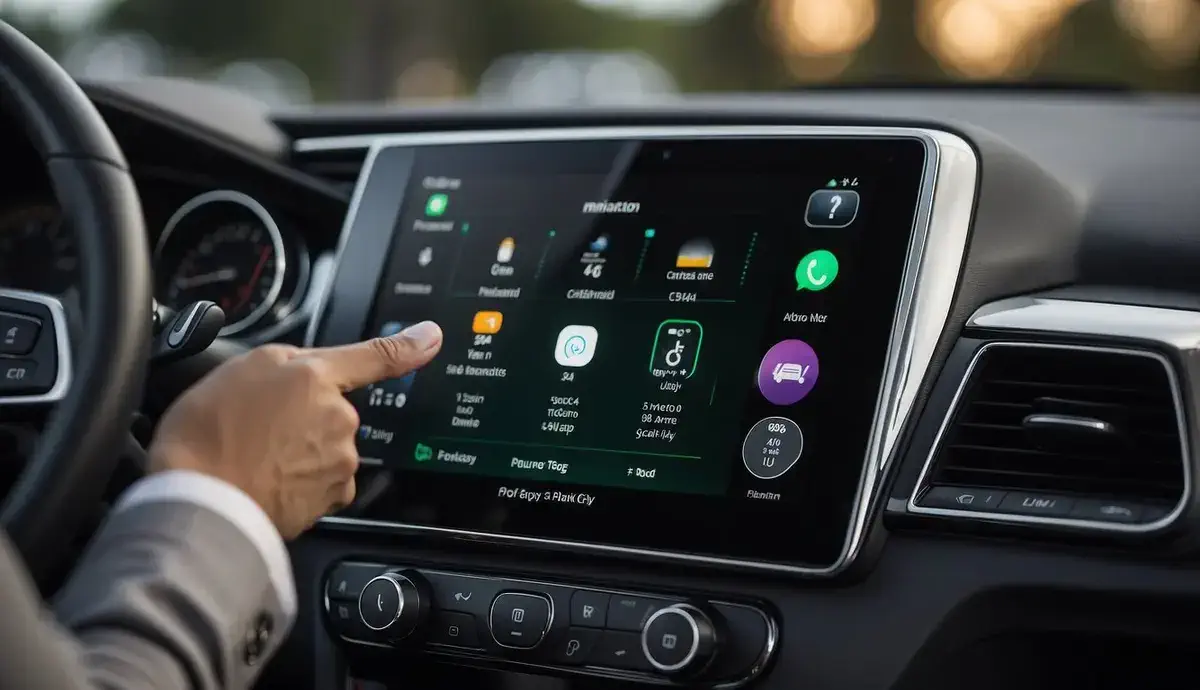

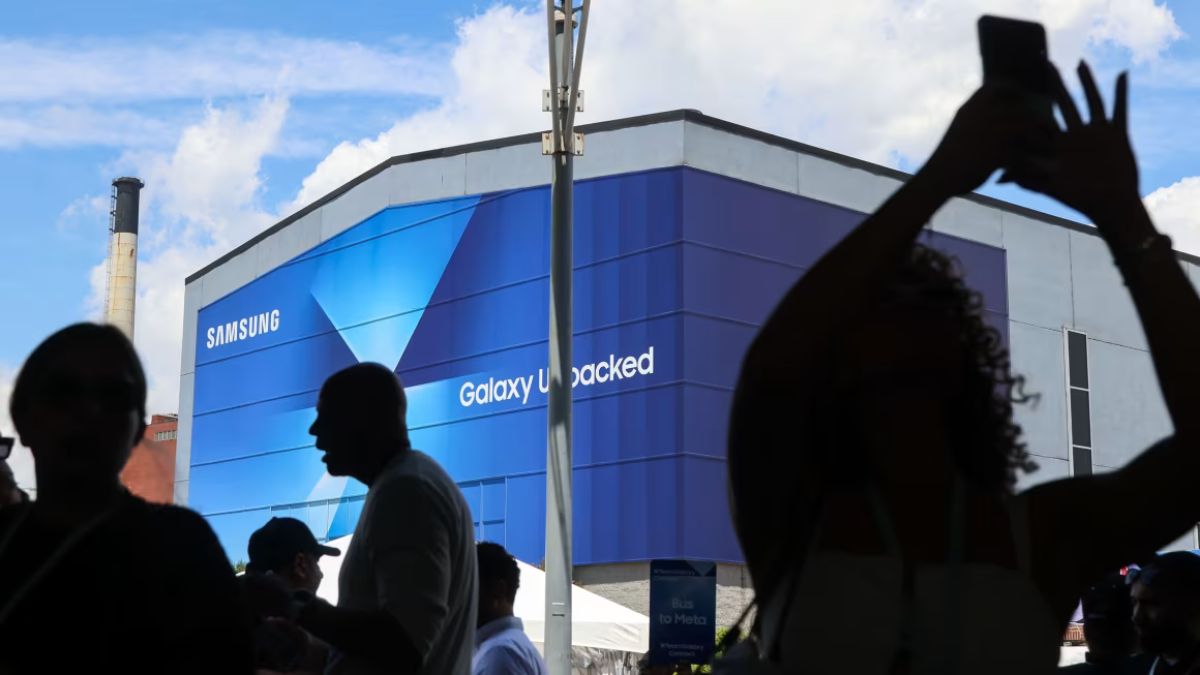



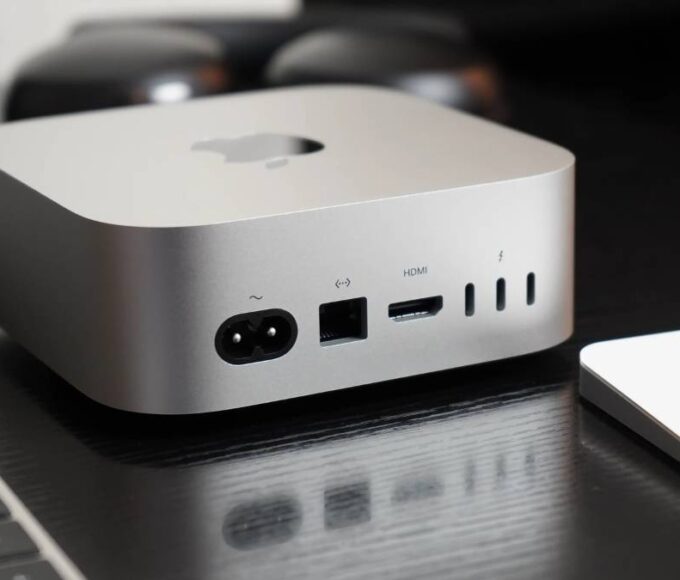

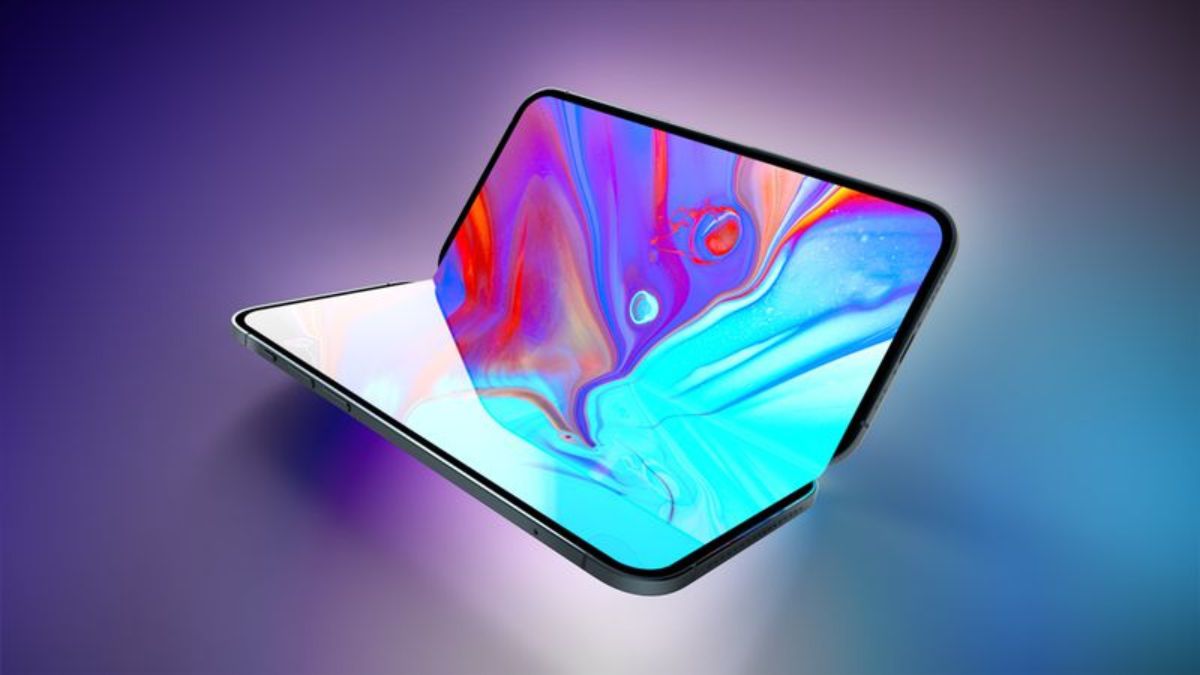
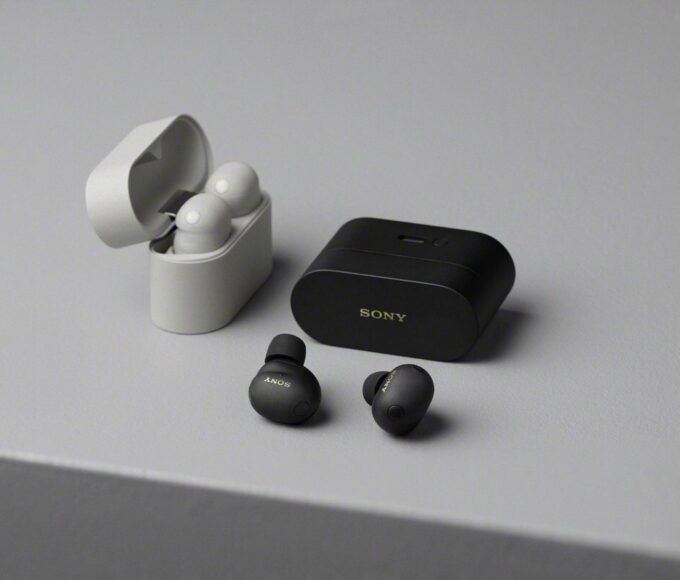
Leave a comment